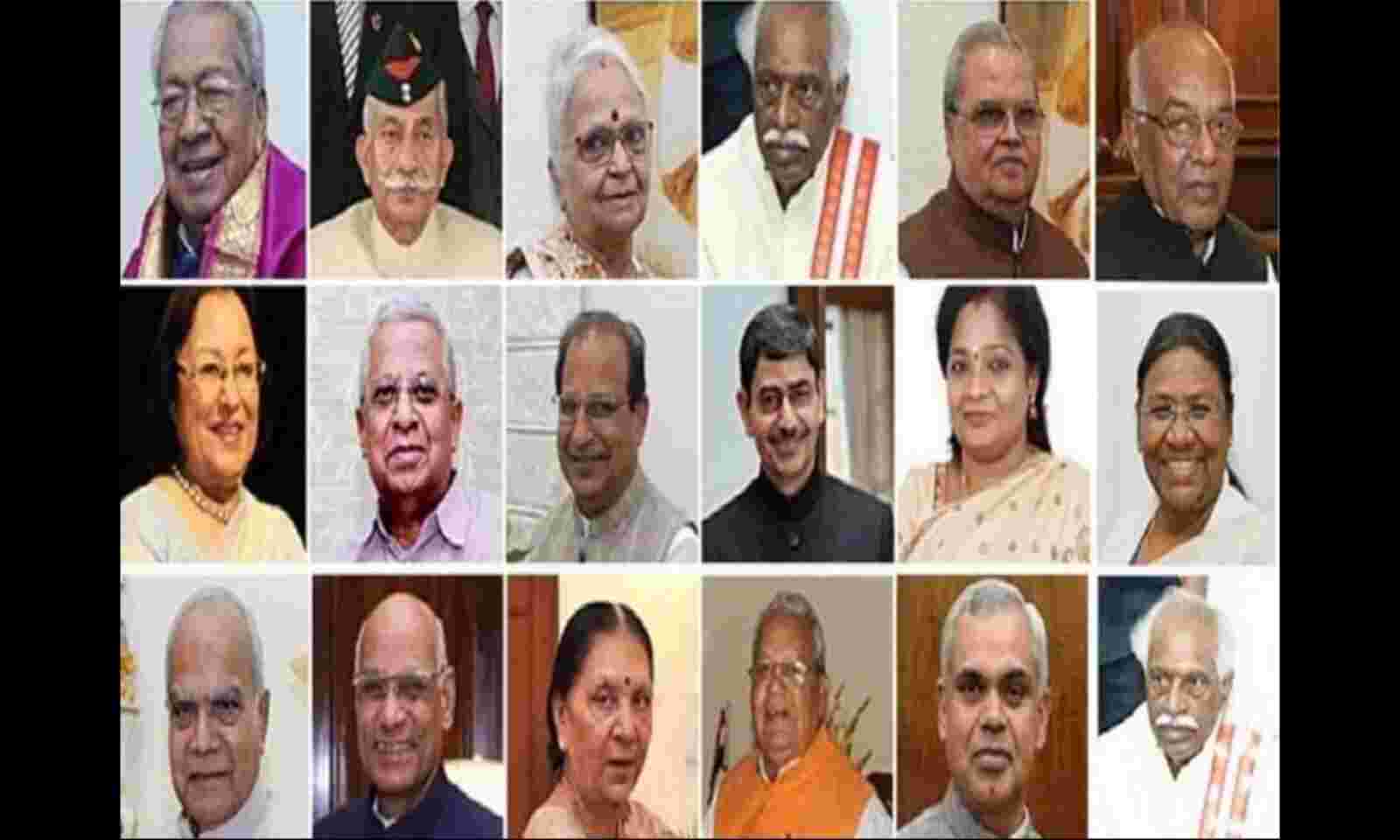
By P. Sudhir
One of the ways federalism and the powers of the elected state legislatures are being undermined, is by governors sitting over the bills passed by the legislatures without taking any decision regarding them.
According to the constitution, bills passed by the state legislatures have to be given assent by the governor in order to become law. As per Article 200, the governor could either give his assent to the bill passed by the legislature or withhold the assent, if it is not a money bill, or reserve the proposed law for the consideration of the president, if he or she thinks the bill derogates from or endangers the power of judicial review of the high court.
In case the governor chooses to withhold assent, he or she should return the bill “as soon as possible” with a message requesting the legislative assembly to reconsider the bill or any specified provisions or suggested amendments. The assembly, if it reconsiders and passes the bill, again the governor cannot withhold his or her assent. This means, the constitutional head of the state should give way to the considered decision of the elected legislature.
Under the Modi government, the overall assault on states’ rights has also taken the form of governors sitting over bills passed by the legislatures in states run by opposition governments. In Kerala, the governor, Arif Mohammed Khan, has sat over eight bills passed by the state legislature, three of them are pending for over two years. In Tamil Nadu, the governor RN Ravi has been sitting over 12 bills passed by the state legislature. In Punjab, the governor Banwarilal Purohit has kept seven bills pending without any decision. The bills not given assent cover issues such as public health, procedure of appointment of vice chancellors, higher education, lokayukta and cooperative societies.
The Punjab state government had approached the Supreme Court regarding the governor’s inaction and it has been followed by the governments of Kerala and Tamil Nadu.
The Kerala government, in its special leave petition, has stated that: “The conduct of the governor, as would presently be demonstrated, threatens to defeat and subvert the very fundamentals and basic foundations of our constitution, including the rule of law and democratic good governance, apart from defeating the rights of the people of the state to the welfare measures sought to be implemented through the bills”.
The constitution does not provide for any discretionary power of the governor to veto any legislation passed by the state assembly. However, since Article 200 does not state clearly any timeframe for the governor to decide on the legislation, except the words “as soon as possible”, the governors are sitting over the bills indefinitely to exercise a “pocket veto”.
Earlier in the year, the Telangana state government had filed a writ petition in the Supreme Court on the ten bills not being given assent by the governor. On April 23, a bench comprising the Chief Justice of India Chandrachud and Justice PS Narasimha observed that the bills sent for assent to the governor must be returned “as soon as possible” and not sit over them, making state legislative assemblies wait indefinitely.
However, this direction of the Supreme Court does not seem to have had any effect on the governors of Kerala, Tamil Nadu and Punjab.
On November 6, the Chief Justice of India, heading a three-member bench of the Supreme Court, while hearing the petition of the Punjab state government, observed that governors should not start acting only after a petition is filed before the Supreme Court. He further stated that state governors must not be oblivious of the fact that they are not elected representatives of the people. The chief justice also agreed to hear the petitions filed by the Kerala and Tamil Nadu state governments, along with the Punjab petition on November 10.
The refusal of the governors of these states to decide on the bills by the state legislatures as per the provisions of Article 200 of the constitution is patently unconstitutional. The constitution does not provide for a governor to sit over a bill indefinitely and the phrase “as soon as possible” in the Article indicates the spirit that there should be no undue delay. In fact, Justice Rohington Nariman, in a 2020 judgment in the Keisham Megha Chandra Singh case, had said “reasonable time” would mean three months.
The observations made by the Supreme Court so far indicate that the governor cannot exercise the powers of an elected representative, nor does he have discretionary powers in the matter under the constitution. It is now upto the Supreme Court to give a definitive judgment on what a reasonable timeframe would be for the governor to take a decision on a bill passed by the state legislature presented to him or her for assent.
The arbitrary role of the governors, under the Modi dispensation, of disregarding the legislative powers of an elected state assembly, must be put an end to. (IPA Service)
The post Arbitrary Powers Of The State Governors Must Be Ended first appeared on Latest India news, analysis and reports on IPA Newspack.


